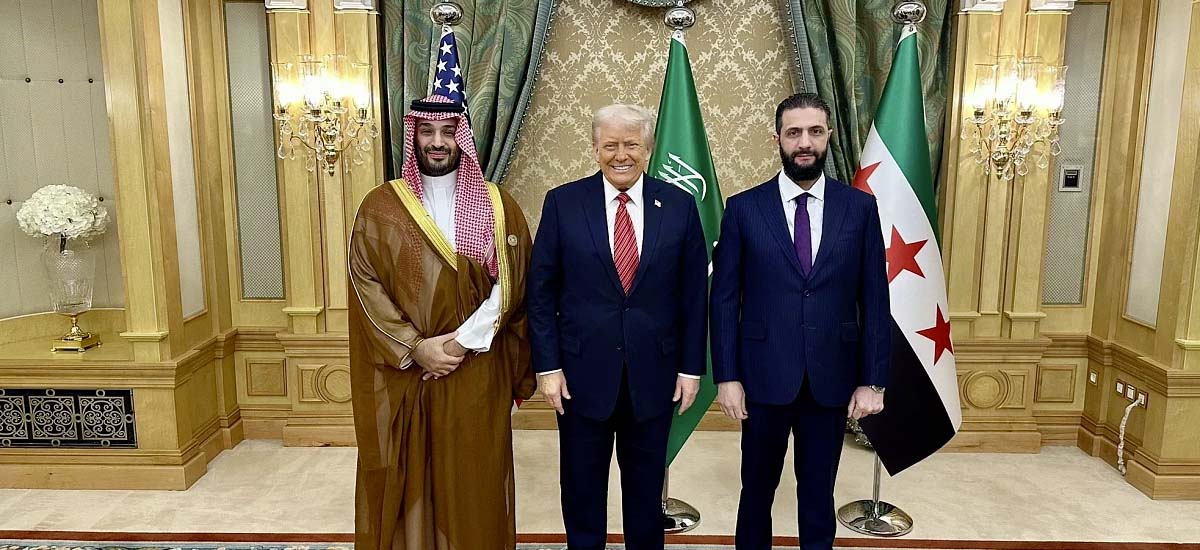Since I left Syria last January, Alawi and Christian friends have sent me almost daily messages about killings, beatings, house break-ins, threats and intimidation.
When the dictator was overthrown, Syrians hailed the new leader with such fervor that they lifted him in his car and carried him shoulder-high through the streets of Damascus. Men beating their chests chanted the old Arabic oath of fealty, “With our souls, with our blood, we will sacrifice for you!”
That momentous event occurred, not at the end of last year when Bashar al Assad fled to Moscow, but in November 1970 when Bashar’s father, Hafez, overthrew a previous tyrant. An old Syrian friend who witnessed that event told me he watched crowds last December, 54 years later, cheering the newest ruler, Ahmed al-Sharaa. The latest transfer of power left him less with nostalgia than foreboding. Assad père, like Sharaa, began his tenure with what Syria historian Patrick Seale called “an immediate and considerable advantage: the regime he displaced was so detested that any alternative came as a relief.” If modern Syrian history taught any lesson, it was that deliverance from a wretched past did not guarantee a brighter future.
No one worries more about that future than the minority communities – Arab and Armenian Christians; Alawi, Druze and Ismaili Muslims; Kurds and Yazidis – who together comprise an estimated 30 percent of Syria’s population. During the civil war from March 2011 to December 2024, the militants who finally seized power had vowed to establish an Islamic state in which kafirs, non-believers, have no place. Their slogan “Massihiyeh ala Beirut, Alawiyeh ala Taboot (Christians to Beirut, Alawis to the coffin)” warned Christians and Alawis to beware a jihadist victory.
After that victory, however, jihadi leader Sharaa underwent the most dramatic conversion Damascus had witnessed since Pharisee Saul became Christian Paul around 35 AD. The feared Hayat Tahrir al Sham (HTS) chief dropped his nom de guerre, Abu Mohammed al-Jolani, trimmed his beard and exchanged battle fatigues for suit and tie. The rhetoric altered with the image. Instead of persecuting Christians, he courted them. Syrian bishops from the multitude of Orthodox, Catholic and Protestant sects met him soon after he opened his office in the presidential palace. Syriac Archbishop Jacques Mourad stated after the meeting, “He [Sharaa] said that Christians and other groups are part of the Syrian people. He is aware that we Christians are foundational to this country.” Sharaa allowed Christians to celebrate Christmas and Easter with public processions as they always had, and most of the clerics I spoke to in Damascus were willing, albeit conditionally, to trust him.
Main image: U.S. President Donald Trump with new Syrian President – and former jihadist leader – Ahmad al-Sharaa. Riyadh, 14 May 2025. (Karoline Leavitt on X)
Read the full article on Christian Solidarity International.









